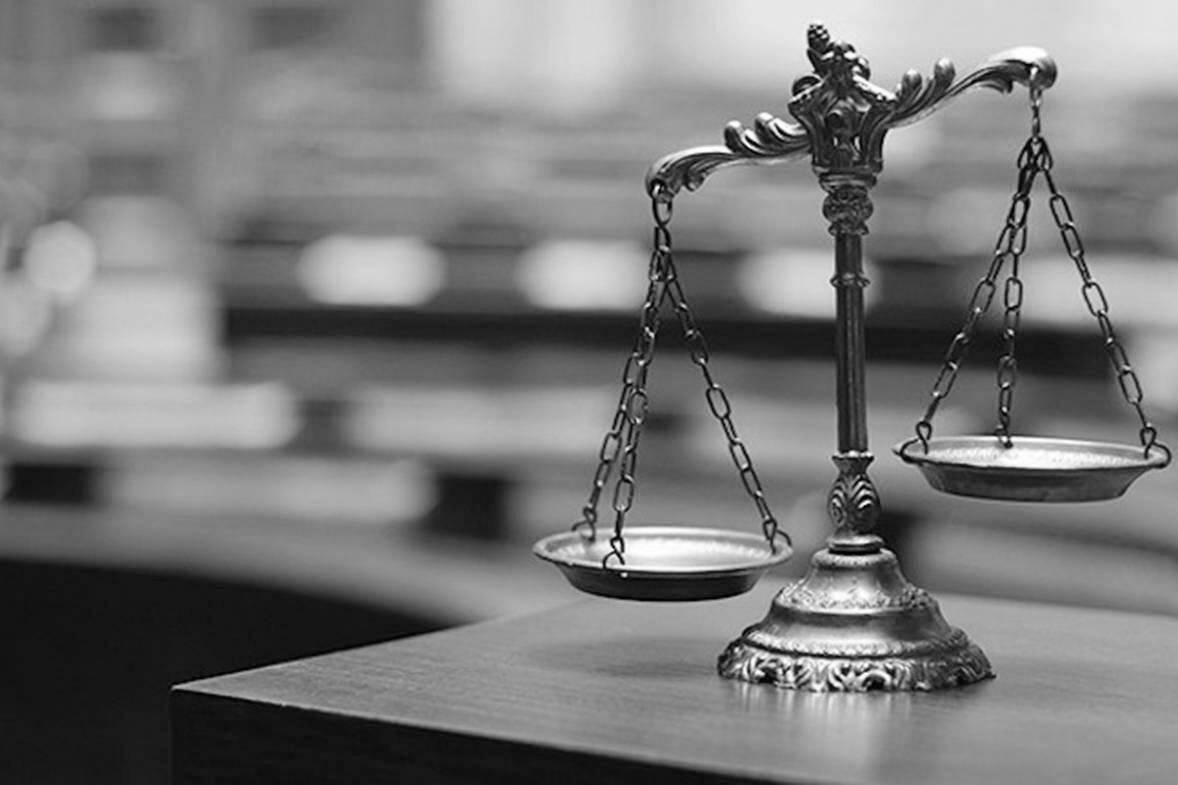Two Jehovah’s Witnesses congregations, including one in Coldstream, will have to submit personal information records requested by their former members to the Office of the Information and Privacy Commissioner (OIPC) following a B.C. Supreme Court ruling.
The congregations had refused to share their former members’ personal information with them on the basis of protecting their religious freedoms.
In 2020, Gabriel Liberty Wall and Gregory Westgarde each requested documents from their former congregations. They were seeking all records that included their personal information. Wall had been a member of the Grand Forks congregation while Westgarde was a member of the Coldstream congregation.
The congregations refused to release all of the requested documents, so Wall and Westgarde contacted the OIPC to resolve the dispute. OIPC director of adjudication Elizabeth Barker ordered the congregations in 2022 to give the disputed records to her so that she could determine if they should be handed over to Wall and Westgarde.
However, the congregations refused to hand over the documents.
The petitioners in this case are two elders, John Vabuolas and Paul Sidhu, the Grand Forks Congregation of Jehovah’s Witnesses, the Coldstream Congregation of Jehovah’s Witnesses and the Watchtower Bible and Tract Society of Canada. Together, the petitioners sought to have Barker’s disclosure order quashed.
They argued that the requested documents contained confidential religious communications and they therefore should not be compelled to release them. They said B.C.’s Protection of Information and Privacy Act (PIPA) is unconstitutional as it infringes on their religious freedoms that are protected by the Charter of Rights and Freedoms.
Justice Steven Wilson agreed with the commissioner’s ruling that PIPA infringed on the religious rights of the two congregations and their elders, but he found these infringements justifiable under the Charter.
“Freedom of religion is not absolute, and courts have been reluctant to exclude religious organizations from laws of general applications,” Wilson wrote in his decision.
Wilson did acknowledge the petitioners’ concern that the elders must be able to discuss matters without fear of having their confidential discussions disclosed.
“The petitioners are concerned that if the elders’ confidential communications are disclosed, they may be further disseminated for the purposes of mocking either the petitioners or elders, causing unnecessary embarrassment,” Wilson wrote.
The petitioners argued that the files sought by Hall and Westgarde contain the elders’ confidential ecclesiastical discussions.
Barker wrote that without seeing the documents in question because the petitioners had refused to disclose them, “it is not possible to decide whether they contain personal information or whose personal information may be included.”
Wilson ultimately decided that disclosing the requested documents would not compromise the congregations’ religious freedom.
“I am not satisfied that disclosure of the disputed records by the congregational elders to the commissioner for review for the purpose of determining whether disclosure to the applicants will be required would preclude the elders from continuing to follow their religious practices when weighing the rights of individuals to control over their personal information on the one hand and the religious freedom of the elders on the other,” Wilson wrote.
“The production order represents a balancing of the competing interests, and I conclude that the infringement on the congregational elders’ religious freedoms that results from the production order is proportionate.”
The BC Humanist Association (BCHA) welcomed Wilson’s decision to dismiss the petition, and applauded the court’s balancing of privacy and other fundamental rights.
“An individual’s right to privacy is crucial. We’re pleased to see the court recognize the importance of upholding that right,” said Ian Bushfield, executive director of the BCHA.
The BCHA said in a press release that the BC Supreme Court decision underscores the “delicate balance” needed when navigating the intersection of privacy rights and religious freedom.
If they don’t appeal the decision, the congregations must now disclose the disputed records to the privacy commissioner for review.
READ MORE: B.C. police chiefs disappointed with public drug use court ruling
READ MORE: Mental health decision looms for Canada’s assisted dying law

